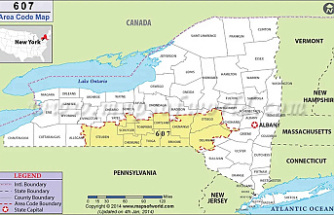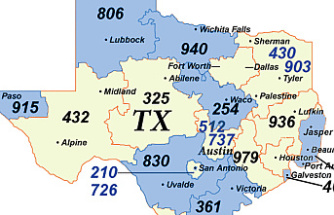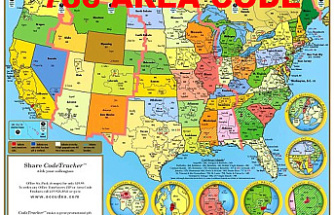The federal government will once again track fire-related deaths in Canada’s First Nations communities, Indigenous Affairs Minister Carolyn Bennett said on Monday.
She also committed to creating an indigenous fire marshal’s office, which would oversee data collection and spearhead fire prevention, should the Aboriginal Firefighters Association of Canada recommend the step in a report due in May.
The rate of on-reserve deaths due to fires “is just horrific in terms of the numbers,” Bennett told the Star.
Both promises come on the heels of a Star investigation that found at least 173 people have died in house fires on First Nations reserves since the previous Conservative government under Stephen Harper stopped tracking the death toll in 2010.
Star Investigation: Fire and death in Canada’s first nations
The government said it stopped counting to “ease the reporting burden” on First Nations communities.
First Nations people who live on reserve are 10.4 times more likely to die in a fire than those in the rest of the country, according to a 2007 Canada Mortgage Housing Corporation report, compiled when the government was still collecting the data.
“The reason to collect data is to know you’re winning, to know that you’re actually making a difference,” Bennett said.
How and when the data collection and fire marshal’s office will be put in place will depend on what the aboriginal firefighters’ report recommends, Bennett said.
Indigenous Affairs has identified both steps as short-term priorities since at least 2013, but Bennett’s comments on Monday are the government’s first public pledge to actually implement them.
“This demonstrates the leadership and willingness of this minister to do the right thing,” said Ontario Regional Chief Isadore Day.
Day said renewed tracking of fire data will help indigenous communities in Canada get a better understanding of the problems on the ground and help craft indigenous-led solutions.
While aboriginal firefighters’ executive director Blaine Wiggins said he couldn’t comment on the details of the upcoming report, he said his organization and the government are on the same page.
“We certainly agree on the need for support for a national fire marshal-type service, and we certainly agree for the need of a comprehensive and robust fire incidence reporting system,” Wiggins said.
The aboriginal firefighters association first called for an indigenous fire marshal’s office in 2013. That same year Bennett herself called for it in a letter to then-minister Bernard Valcourt. She also pushed for the creation of legislation that applies a national building and fire code on First Nations reserves.
Wiggins said his organization has spent the past year, with support from Indigenous Affairs, consulting with provincial and territorial fire marshal’s offices on a road map for a national office responsible for First Nations communities.
But creating a fire marshal’s office won’t be of much use without legislation enforcing national building and fire codes on First Nations reserves, Wiggins said.
“If we don’t have that act … it’s like having police doing highway patrol, but having no safety laws on the highway,” he said.
“You can stand on the side of the road and encourage them to do safe things, but if there are not parameters in place there’s still going to be a catastrophe,” Wiggins said.
Bennett said she will wait to see what the May report recommends about building and fire codes before committing to new legislation.
Regional Chief Day worries that promises of a fire marshal’s office and data collection could be rolled back in five years if another government comes into power.
He wants also to see Bennett enshrine on-reserve fire protection in law.
“I think the minister has a great opportunity right in front of her to do the right thing. Let’s go three for three. Go all the way and put legislation in place,” he said.
Bennett said the death toll found by the Star is “awful.”
Bennett referenced last year’s deaths of the nine people in a house fire in Pikangikum First Nation as a particularly heart-wrenching example.
“The roads were impassable. The fire truck could only move about one mile per hour,” she said.
“It shows the real importance of infrastructure, not just having a fire truck and a fire hall and a well-trained volunteer fire department.”
The Toronto Star and thestar.com, each property of Toronto Star Newspapers Limited, One Yonge Street, 4th Floor, Toronto, ON, M5E 1E6. You can unsubscribe at any time. Please contact us or see our privacy policy for more information.
Our editors found this article on this site using Google and regenerated it for our readers.












